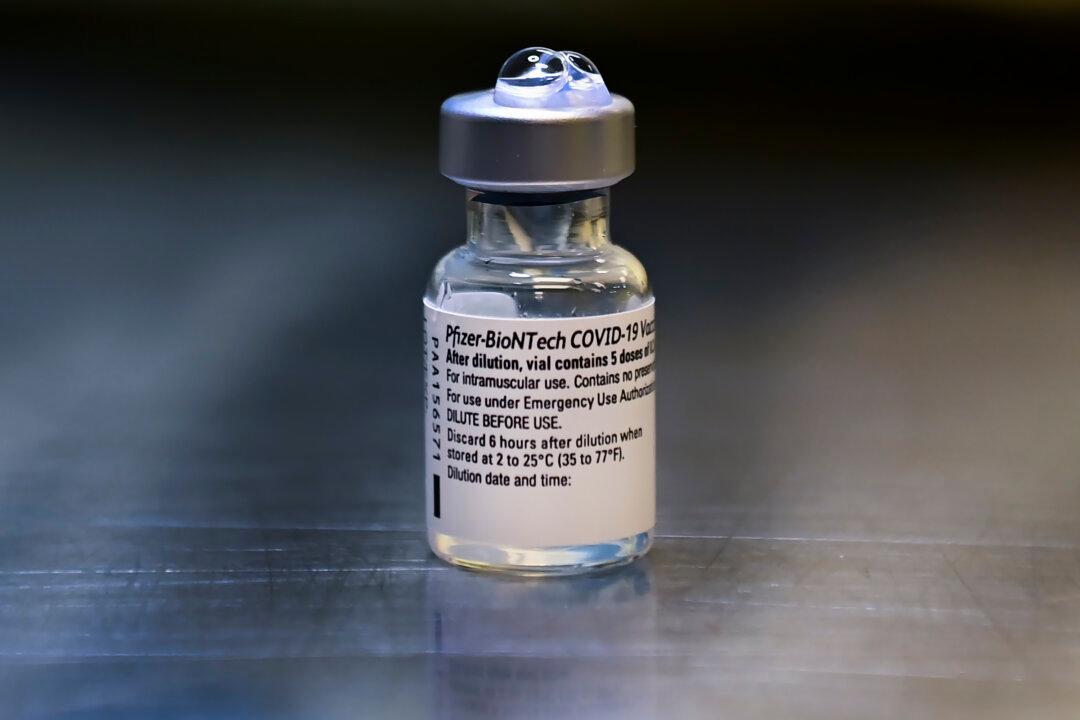Despite vaccines rolling out in different countries, no one should expect herd immunity to the CCP virus this year, according to the World Health Organisation’s (WHO) Chief Scientist Soumya Swaminathan.
Swaminathan stressed the need for the world to continue to implement measures to protect against the CCP (Chinese Communist Party) virus (novel coronavirus), as the emergency roll-out of vaccines would not stop the need for “physical distancing, hand washing, and mask-wearing,” Al Jazeera reported.




